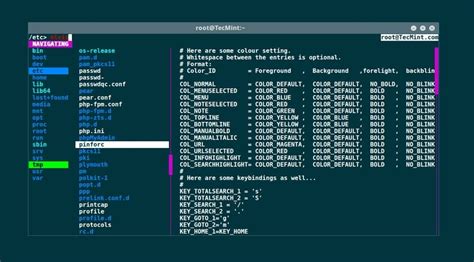In the realm of interactive shells and programming languages, Elvish shines as a powerful tool that offers a modern and user-friendly experience. Incorporating features like structured data handling, first-class functions, and a clean syntax, Elvish has attracted attention for its innovation. Designed with a focus on usability, Elvish provides a minimal footprint and comprehensive documentation, making it appealing to both newcomers and seasoned developers.
One of the standout aspects of Elvish is its design philosophy, which emphasizes clarity and consistency in scripting. By introducing smart data types, built-in job control, and a robust language server protocol, Elvish stands out as a viable alternative to traditional shells. Users have praised Elvish for its enhanced productivity, cleaner scripting syntax, and reduced chance of errors compared to languages like Bash.
As the discussion around Elvish unfolds, comparisons to other shells like PowerShell and Nushell arise, highlighting the unique approach of each shell. While PowerShell brings object-oriented capabilities, Elvish enhances the traditional shell experience with functional programming paradigms and TUI integration. Understanding the nuances of each shell can help users determine the best fit for their workflow and scripting needs.
Despite its innovative features, Elvish has faced skepticism and critique from users entrenched in traditional shell practices. Some concerns focus on the learning curve of adopting a new language, potential trade-offs in shell compatibility, and the need for comprehensive hotkey documentation. Addressing these challenges will be crucial for Elvish to attract a wider user base and establish itself as a go-to tool for shell scripting.
For developers intrigued by Elvish’s potential, diving into the source code of modern shell implementations and studying foundational texts in interpreters can provide valuable insights. Crafting Interpreters and APUE serve as valuable resources for understanding shell scripting internals, while exploring VT100 escape sequences and prototyping shell functionalities can aid in custom shell development.
As the landscape of interactive shells continues to evolve, the emergence of Elvish signifies a shift towards user-centric design and streamlined scripting experiences. By embracing new paradigms, leveraging community feedback, and enhancing usability features, Elvish sets a precedent for the future of shell scripting. As users explore the capabilities of Elvish and other modern shells, the journey towards optimized workflows and efficient automation tools gains momentum.


Leave a Reply